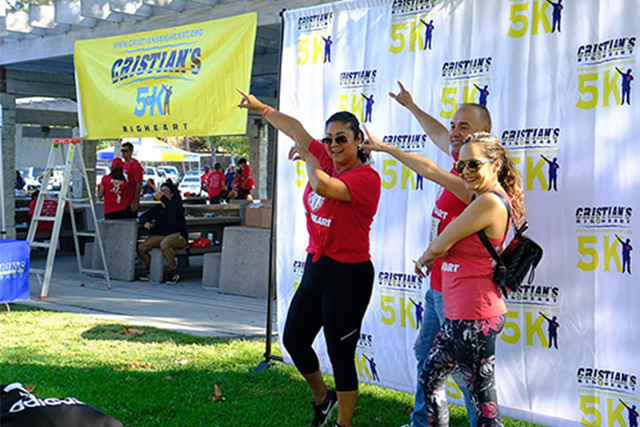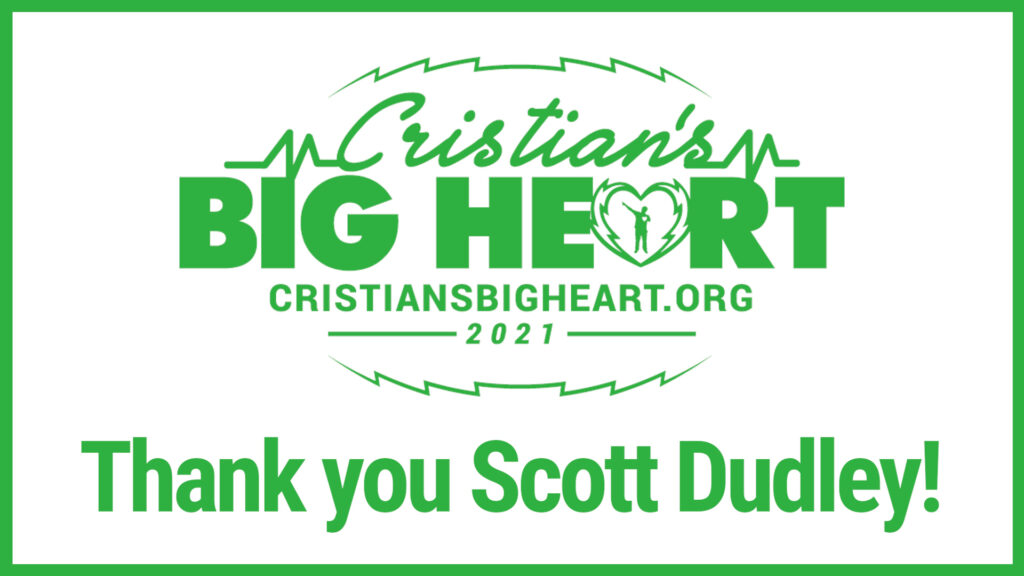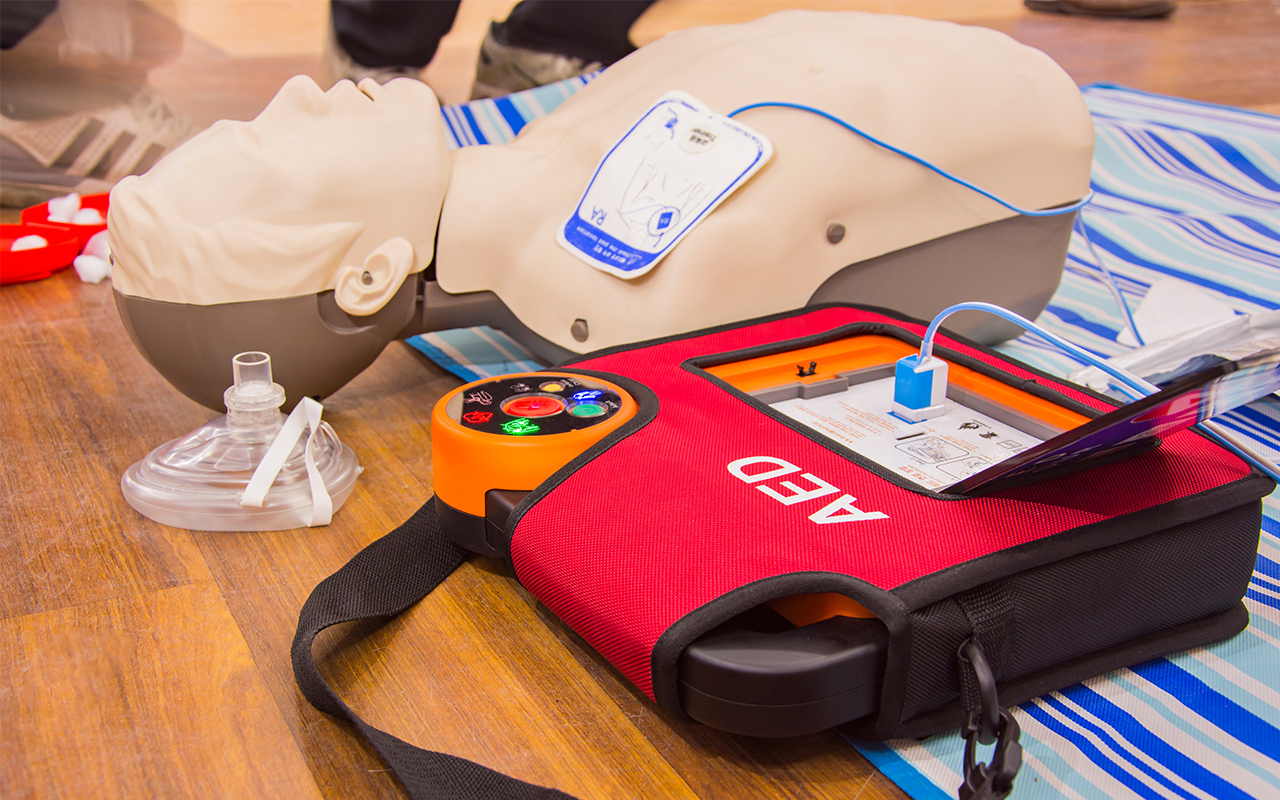What Every Parent Needs to Know
Sudden Cardiac Arrest in Teens: What Every Parent Needs to Know
Did you know that sudden cardiac arrest (SCA) is the leading cause of death in young people? In fact, it kills more young people than cancer, homicide, and suicide combined. Each year, SCA kills more than 2,000 children and adolescents in the United States. That’s why it’s so important for every parent to be aware of the symptoms of SCA and what they can do to help protect their children.
The symptoms of Sudden cardiac arrest (SCA) in teens?
Sudden cardiac arrest (SCA) is a serious heart condition that occurs when the heart suddenly stops beating. SCA can lead to death if not treated immediately. The symptoms of SCA can vary depending on the person, but some common symptoms include chest pain, shortness of breath, dizziness, and fainting.
If you suspect your teen is experiencing a heart emergency, call 911 immediately. Do not try to drive them to the hospital yourself. The paramedics will be able to provide treatment that could save their life.
Causes of SCA in teens and how it can be prevented
Sudden cardiac arrest (SCA) is a leading cause of death in young athletes. It occurs when the heart unexpectedly stops beating, usually as a result of an abnormal heart rhythm. SCA can happen to anyone, but it is most common in teens and young adults. In many cases, SCA is caused by an underlying heart condition, such as hypertrophic cardiomyopathy (HCM). HCM is a disorder that causes the heart muscle to thicken and makes it more difficult for the heart to pump blood.
Other possible causes of SCA include coronary artery disease, electrical problems with the heart, and illegal drug use. While there is no sure way to prevent SCA, some steps can be taken to reduce the risk. These include avoiding illegal drugs, maintaining a healthy lifestyle, and knowing the signs and symptoms of HCM.
If you or someone you know has HCM, it is important to see a doctor regularly and get checked for SCA. Early diagnosis and treatment can often help prevent sudden cardiac arrest.
The best way to help protect your teen from SCA is to get them a heart screening. A heart screening is a non-invasive test that can detect the early signs of SCA. Regular heart screenings allow you to catch any potential issues before they become serious.
Is your teen having a heart attack or experiencing SCA symptoms?
Sudden cardiac arrest (SCA) is a leading cause of death in the United States, with more than 350,000 out-of-hospital SCA events occurring each year. If you think your teen is having a heart attack or experiencing SCA symptoms, it is important to act quickly and call 911.
If you think your teen is experiencing SCA symptoms, it is important to act quickly and call 911. A person who is having a heart attack will often experience chest pain, shortness of breath, and nausea. If your teen is showing these signs, do not wait to see if they go away.
Call 911 immediately and ask the operator if there is an AED nearby. If there is an AED available, someone should be sent to retrieve it while you begin CPR. CPR can help to keep oxygen circulating through the body and may improve the person’s chances of survival until professional help arrives. A heart screening can also help identify teens at risk for SCA so they can receive the necessary treatment.
A defibrillator, or AED, can shock the heart and restore a normal rhythm. AEDs are found in many public places, such as schools and athletic facilities, and can be easy to use with minimal training. Early CPR can also help to improve survival rates. Once emergency personnel arrives, your teen will be taken to a hospital for further treatment and monitoring. A heart screening is also recommended to identify any underlying heart conditions that may have contributed to the SCA event. By knowing the signs and symptoms of SCA and taking quick action, you can help to save a life.
Treatment of SCA and the long-term effects of SCA on teens’ health
SCA is a life-threatening condition where the heart suddenly and unexpectedly stops beating. It is usually triggered by an irregular heart rhythm and typically results in the teen collapsing. There are typically no warning signs or symptoms of SCA so that it can happen without warning, even during routine physical activity.
Sudden cardiac arrest (SCA) is a leading cause of death in the United States and worldwide. More than 350,000 Americans experience SCA every year, and approximately 90 percent die. According to the American Heart Association, approximately 5,000 people under the age of 20 develop SCA each year in the United States. According to the American Heart Association, SCA is the No. 1 cause of death in teenage athletes. The good news is that the chances of someone surviving SCA are much greater if it is treated within the first few minutes of a heart attack.
SCA is a medical emergency. It requires immediate CPR to keep blood and oxygen flowing to the brain and the rest of the body. If CPR is not performed within 5 minutes, brain damage and death can occur. The good news is that SCA is a survivable condition. There are many long-term effects of SCA on teens’ health. Some of these include poor coordination and balance, problems with memory, and fatigue.
Long-term effects of SCA also include brain and heart damage, which can affect the teen physically and mentally. Sometimes, these effects can be permanent.
How to protect your child from this deadly condition
If your child has a risk factor for sudden cardiac arrest, they should have a health screening to detect the problem. A screening could include a physical exam, blood tests and an electrocardiogram (ECG). By knowing the answer to these questions, you can take steps to protect your child and reduce their risk of sudden cardiac arrest.
SCA can happen to anyone. It occurs in both young and older people, males and females, and people of all races and backgrounds. The area of the heart that controls the heartbeat becomes chaotic, and it cannot pump blood to the body. Without blood, the organs cannot get the oxygen they need to work properly. SCA has become more common in recent decades. Researchers are working to understand why. The good news is that SCA can be prevented.
Our organization can help…
At our organization, we focus on raising funds and hosting events to provide heart screenings to teens. A heart screening is a non-invasive way to detect the early signs of SCA. AEDs (Automatic External Defibrillators) are also an important tool in treating SCA.
Cristian’s Big Heart is a non-profit organization dedicated to helping underprivileged teens get heart screenings. We offer free heart screenings to teens in need, raise money to pay for the screenings and operate a camp that teaches teens how to live a healthier lifestyle. No teen should die from heart disease. Cristian’s Big Heart is making this happen.

CRISTIAN'S BIG HEART 2020 RECAP
We are absolutely overwhelmed by all your support for Cristian’s Big Heart 2020 Virtual 5k....

THANK YOU TO OUR 2021 TITLE SPONSOR
Special thanks to Scott Dudley Stirling Financial and their awesome team on becoming this years title sponsor.

What Is an AED? the role of defibrillation during sudden cardiac arrest
For those who work in the medical field or maybe a witness to an individual experiencing sudden cardiac arrest...
